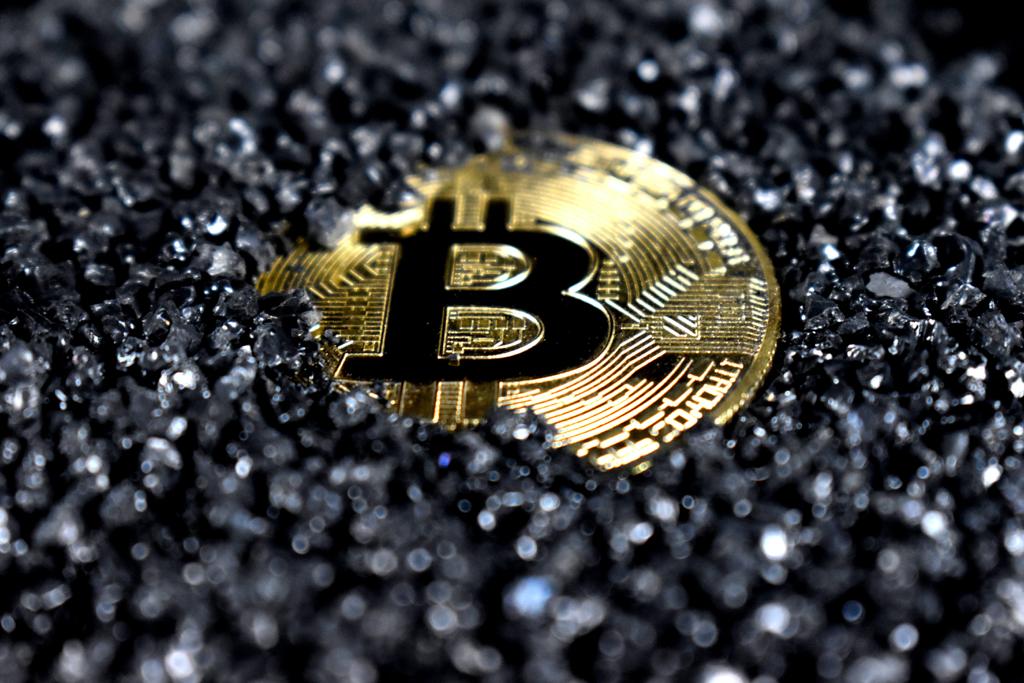Here’s Which Countries Lead in State-Held Bitcoin Reserves
21.09.2024 8:00 1 min. read Alexander Stefanov
Recent data reveals that Bhutan has unexpectedly taken the lead in state-held Bitcoin (BTC) reserves, boasting $782.46 million, significantly outpacing El Salvador, which holds $351.75 million.
With a population of only 782,000, Bhutan’s Bitcoin assets are more than double those of El Salvador, which has 6.3 million residents. This achievement places Bhutan third on the Sovereign Bitcoin Assets Leaderboard, following the US ($12.16 billion) and the UK ($3.67 billion).
Bhutan’s substantial Bitcoin reserves stem from its burgeoning mining industry, which began in April 2019 when BTC was valued around $5,000. The country’s sovereign investment entity, Druk Holding & Investments, initiated its mining efforts at that time. Utilizing its abundant hydropower resources, Bhutan has established large-scale mining operations.
The country’s Himalayan glacier-fed rivers provide a significant source of clean energy, with a potential hydroelectric capacity of 23,760 MW.
Hydropower constitutes 30% of Bhutan’s GDP, and in 2003, nearly all of the nation’s electricity—99.5%—was derived from hydropower. This robust clean energy framework enables Bhutan to expand its Bitcoin mining endeavors while adhering to its environmental commitments.
To illustrate Bhutan’s hydroelectric potential, its total capacity could power over 17 million American homes, more than double the energy requirements of a city like New York.
-
1
Bitcoin: What to Expect After Hitting a New All-time High
10.07.2025 14:00 2 min. read -
2
Peter Brandt Issues Cautious Bitcoin Warning Despite Bullish Positioning
10.07.2025 20:00 2 min. read -
3
Vanguard Now Owns 8% of Michael Saylor’s Strategy, Despite Calling BTC ‘Worthless’
15.07.2025 17:09 2 min. read -
4
Standard Chartered Becomes First Global Bank to Launch Bitcoin and Ethereum Spot Trading
15.07.2025 11:00 1 min. read -
5
What’s The Real Reason Behind Bitcoin’s Surge? Analyst Company Explains
12.07.2025 12:00 2 min. read
Ethereum Spot ETFs Dwarf Bitcoin with $1.85B Inflows: Utility Season in Full Swing
Ethereum is rapidly emerging as the institutional favorite, with new ETF inflow data suggesting a seismic shift in investor focus away from Bitcoin.
Ethereum Flashes Golden Cross Against Bitcoin: Will History Repeat?
Ethereum (ETH) has just triggered a golden cross against Bitcoin (BTC)—a technical pattern that has historically preceded massive altcoin rallies.
Bitcoin Banana Chart Gains Traction as Peter Brandt Revisits Parabolic Trend
Veteran trader Peter Brandt has reignited discussion around Bitcoin’s long-term parabolic trajectory by sharing an updated version of what he now calls the “Bitcoin Banana.”
Global Money Flow Rising: Bitcoin Price Mirrors Every Move
Bitcoin is once again mirroring global liquidity trends—and that could have major implications in the days ahead.
-
1
Bitcoin: What to Expect After Hitting a New All-time High
10.07.2025 14:00 2 min. read -
2
Peter Brandt Issues Cautious Bitcoin Warning Despite Bullish Positioning
10.07.2025 20:00 2 min. read -
3
Vanguard Now Owns 8% of Michael Saylor’s Strategy, Despite Calling BTC ‘Worthless’
15.07.2025 17:09 2 min. read -
4
Standard Chartered Becomes First Global Bank to Launch Bitcoin and Ethereum Spot Trading
15.07.2025 11:00 1 min. read -
5
What’s The Real Reason Behind Bitcoin’s Surge? Analyst Company Explains
12.07.2025 12:00 2 min. read


